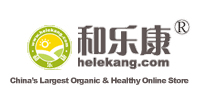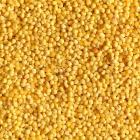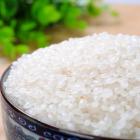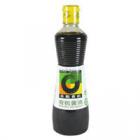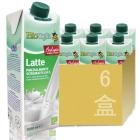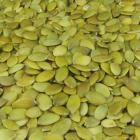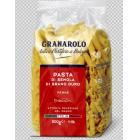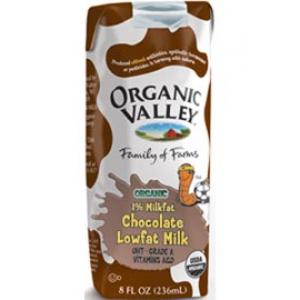Introduction:
Organic Family Farm brings you the best quality organic milk you can find, 100% organic feeding cows produce 100% organic milk.
Free of pesticides, synthetic fertilizers, GMOs and synthetic hormones using. Imported from USA!
All safe, healthy & organic ingredients give this delicious and nutritious convenient beverage its incomparable versatility and freshness.
Because they don’t require refrigeration, Shelf-Stable Single-Serve Lowfat 1% Milks strike the optimal balance between nutrition and convenience.
Look for Organic Valley Single Serve Milk in individual 8-oz packages, convenient 4-packs, and new 24-pack cases. Also available in white, strawberry & vanilla!
Ingredients:
Organic Grade A Low fat Milk, Organic Unrefined Cane Sugar, Organic Dutch Cocoa, Salt, Carrageenan, Vitamin A Palmitate, Vitamin D3.
Storage and Handling:
This milk is UHT processed for longer shelf life and can be stored unrefrigerated. For best taste serve cold.
Organic Related:
1. Certification:
.jpg)
On October 21, 2002, new regulations went into effect that govern the labeling of foods produced using organic agriculture. Only products with either 100% or 95-100% organic ingredients can use the USDA organic symbol.
2. Organic Farm:
.jpg)
In our ongoing efforts to steward the land and our animals, Organic Valley farmers utilize the following methods:
Humane Treatment of Animals—Animal welfare is always primary on an Organic Valley farmer's mind. All Organic Valley animals have access to the outdoors, fresh air, pure water, sunshine and exercise. Farmers use holistic methods to address animal health concerns without the use of antibiotics, or hormones.
Holistic Resource Management (HRM)—Also known as rotational grazing, HRM is a popular method of managing herd health and nutrition as well as protecting and improving the land.
Pasturing Animals—the best manure management programthere is! Pasturing is also a key component of animal welfare. Organic Valley dairy farmers pasture when weather permits, and also maintain manure management plans aimed to protect our precious water resources.
Crop Rotation—this protects against depleting the soil's nutrients.
Strip or Contour Farming—makes rotations logical and helps prevent soil erosion.
Cover Crops—planted in the fall to winter or between rotations, these crops are plowed back into the earth, to revitalize the soil and prevent weeds. Cover crops also attract beneficial insects.
Buffer Zones—trees planted between pasture and stream help to keep cows and waste out of the streams.
Integrated Pest Management (IPM)—Natural predators such as raptors, bats, and beneficial insects that prey on pests eliminate the need for harmful, persistent, toxic pesticides.
3. Humane Treatment:
.jpg)
"The greatness of a nation and its moral progress can be judged by the way its animals are treated" - Mahatma Gandhi
Organic Valley customers often tell us they are concerned about humane animal treatment. So are Organic Valley farmers. Many of our dairy and poultry farmers have stories about building their barn before the house!
Care for animals is a primary concern for our farmers. Since the use of antibiotics and other quick fixes is strictly prohibited, organic animal farming has to involve healthy, happy animals.
Many Organic Valley farmers prefer to accept less than 50 pounds of milk per day rather than the usual 70 pounds conventional farmers expect. Farmers observe that this practice reduces stress on the animals and increases longevity.
All Organic Valley animals, including chickens and turkeys, have access to outdoors. Cattle graze in pasture whenever possible. Hogs live unconfined, and bed on thick straw. Natural sunlight is required in the hen houses.
Organic Valley animals are raised on some of the smallest farms in America! Many of our dairy farmer-members have less than 20 cows. Appropriate scale is important to our philosophy of animal welfare.
Organic Valley farmers often say that one of the reasons they farm is they love animals. From cows and chickens to horses and barn cats, all are considered part of the harmony of sustainable organic farming.
